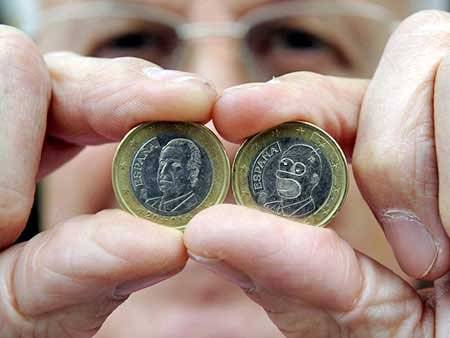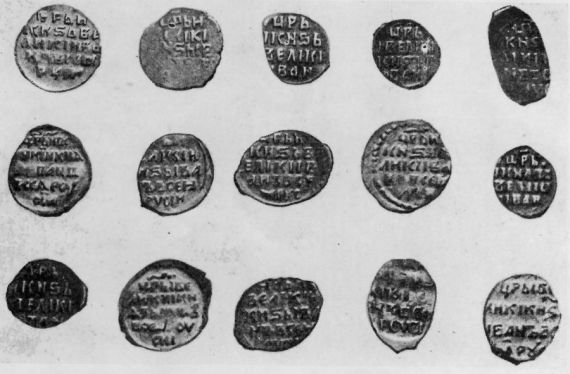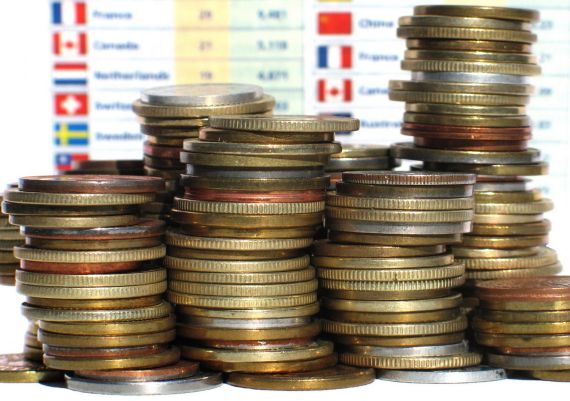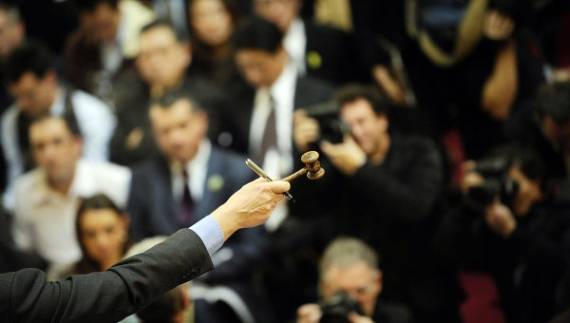amount of silver
Monetary reform of 1654
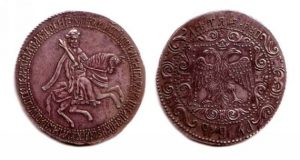 In the 17th century, the epoch in monetary business ended, when absolutely any individual, which was usually a privileged and secular society, could bring material for making coins. The state finally and irreversibly took control of the mints, and supplied raw materials exclusively from its treasury. In this regard, the coins began to lose their stability, and their value gradually began to fall.
In the 17th century, the epoch in monetary business ended, when absolutely any individual, which was usually a privileged and secular society, could bring material for making coins. The state finally and irreversibly took control of the mints, and supplied raw materials exclusively from its treasury. In this regard, the coins began to lose their stability, and their value gradually began to fall.
This instability of money played into the hands of counterfeiters. They could easily start minting coins, almost without fear that they would be severely punished for it. Continue reading
